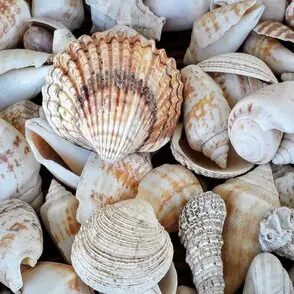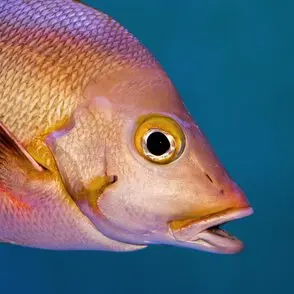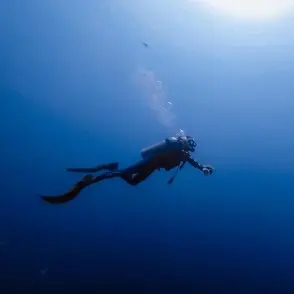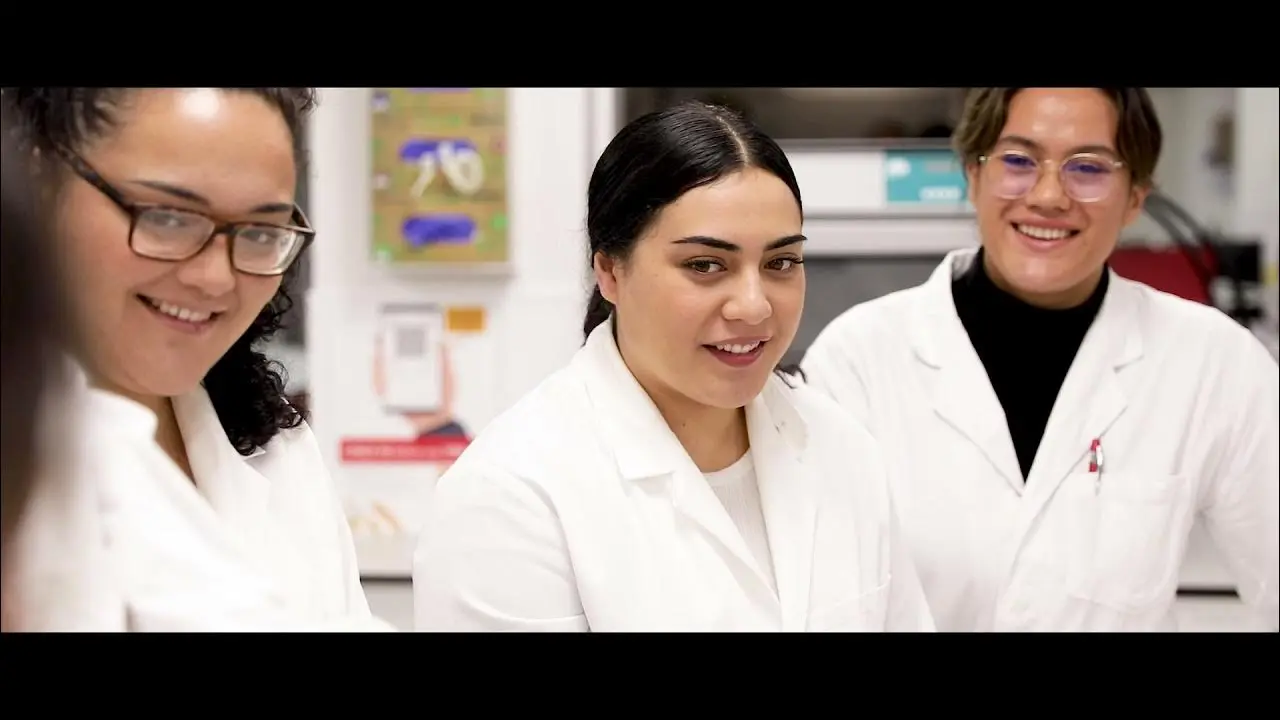Don’t blame the mangroves!
In an international collaboration on vegetation removal, sedimentation, and coastal restoration, a key takeaway is 'Don't blame the mangroves.'
Conserve and sustainably use the oceans, seas and marine resources for sustainable development


Our unique aquaculture undergraduate programme in Tauranga.
Our Environmental Research Institute Seminar Series which is open to members of the public.

Our large team of researchers tackling the key issues facing marine environments including Professor Chris Battershill, the public face of New Zealand's worst maritime disaster and award-winning science communicator.

Our facility in Tauranga dedicated to macroalgal research, the first of its kind in New Zealand.
Our Tauranga campus offers the only science research facility in New Zealand specifically configured to address the real issues of our engagement with the sea. The Coastal Marine Field Station and neighbouring Facility for Macroalgal Research are home to some of New Zealand’s leading scientists and innovators focused on protecting and restoring our marine environment and creating wealth from our marine resources. Undergraduate students in Tauranga can explore life below water through an array of majors within our Bachelor of Science degree including Aquaculture, Coastal Processes, Environmental Sciences, Ecology and Biodiversity. Tauranga is also home to a thriving community of researchers
Known as the nurseries of the sea, estuaries are important and complicated environments that often slip between the gap of marine and freshwater management. In 2020 a Parliamentary Commission for the Environment released an alarming report on the state of estuaries in New Zealand highlighting the growing problems caused by nutrient rich sediment running off the land. We are proud to have several PhD students currently carrying out important estuarine research to tackle this problem under the supervision of a world-leading team of experts including Professor Conrad Pilditch.
We are enormously proud of our state-of-the-art facility in Tauranga dedicated to macroalgal research. The team of researchers based in this facility are creating innovative ways to use the seaweed which is accumulating in our harbours, including as a human food source, and using macroalgal bioremediation to clean nutrient rich wastewater.
Over 400 scientists gathered at the University’s Tauranga campus in July 2021 for the New Zealand Marine Sciences Society Conference. WIth a theme of “Titiro whakamuri, kōkiri whakamua”, looking back to move forward, the four-day event traversed topics ranging from microplastics, the impact of sea-level rise, how we can grow our aquaculture industry and identifying compounds in seaweed for use in agrichemicals. There was also a special symposium on green shipping, the use of electric ferries and the impact of acoustics on the marine environment. Professor Chris Batterhsill who heads the University’s team of marine scientists in the Bay of Plenty, played a key role in the organisation of the conference.
Dr Simon Muncaster delivered a public lecture in Tauranga in July 2021, focusing on the challenges and opportunities that lie ahead for the aquaculture industry in New Zealand. Recently Dr Muncaster has been working with a multidisciplinary research team and local iwi on the opportunity to farm New Zealand flounder, or pātiki. Flounder has the potential to be grown in shallow waterways, rather than needing big sea cages and tanks. It also offers an opportunity for coastal landowners and iwi to farm fish in shallow raceways, as well as to investigate the possibility of restocking the environment. Both of these concepts would be a move away from typical commercial aquaculture models.

You’re currently viewing the website as a International student, you might want to change to domestic.
You're an International student if you are:
You're a domestic student if you are: